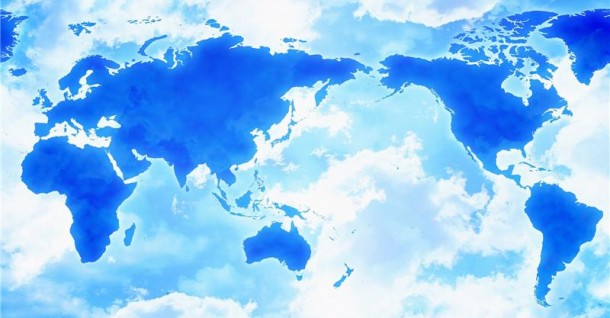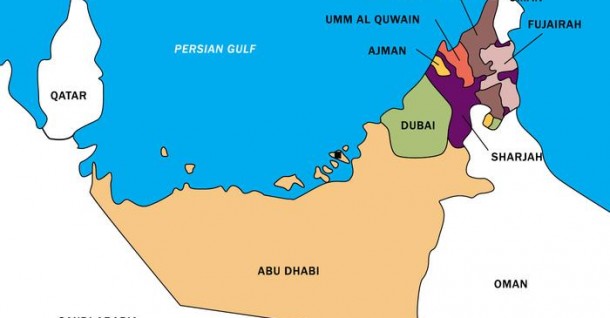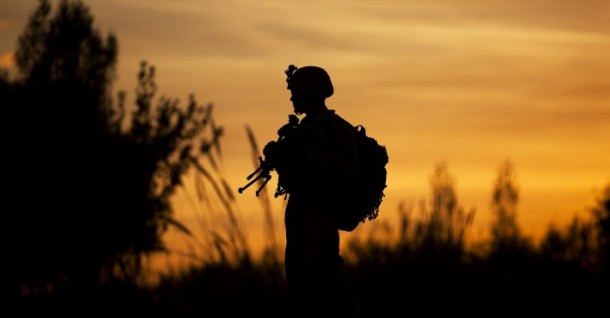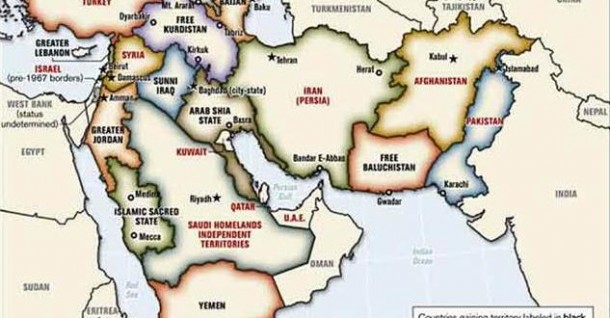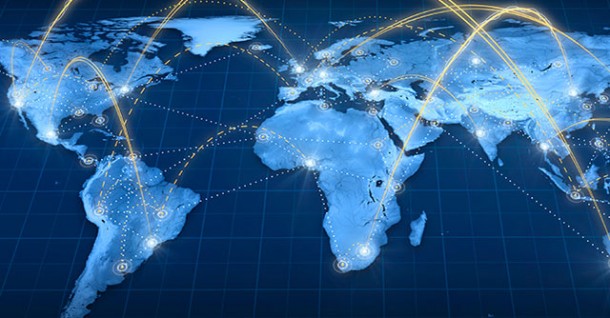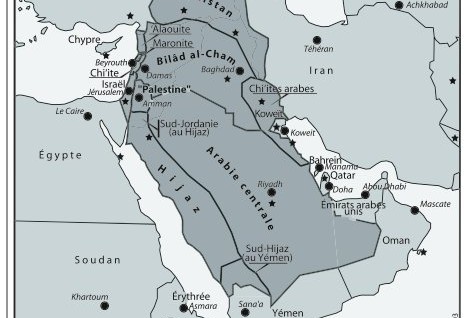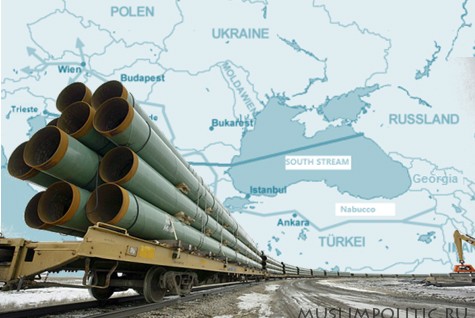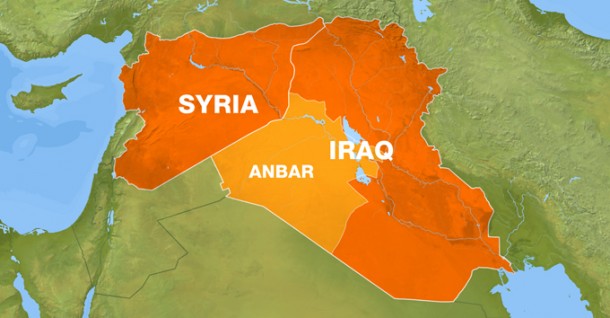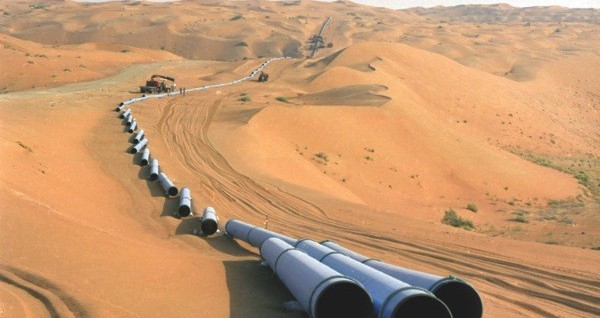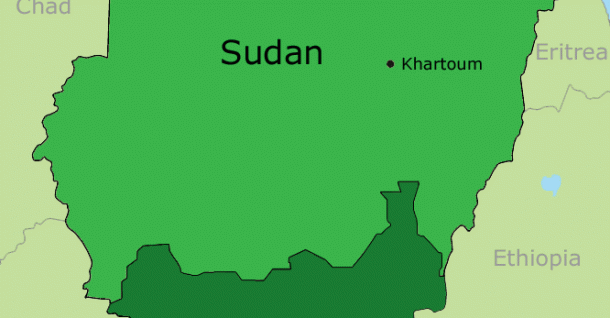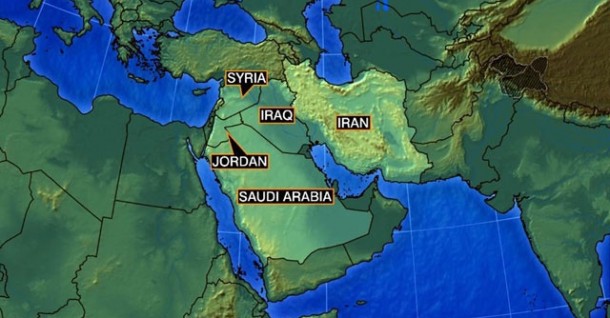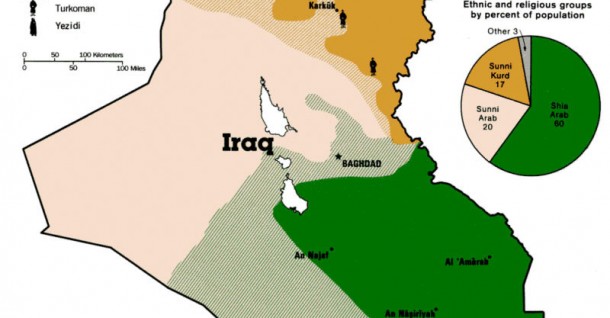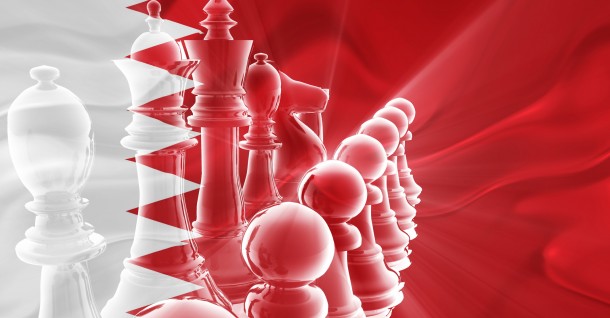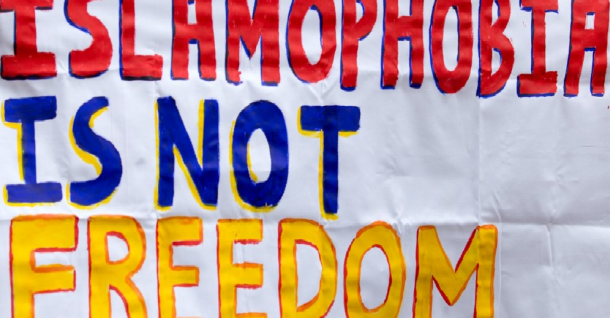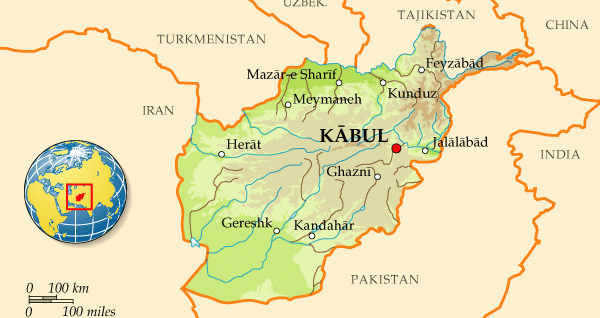Military cooperation between the USA and Arab states has a long history. Each party pursues its objectives: some wants to sell arms as much as possible and to control strategic zones; the others seek to secure their territories.
However, this is just a visible part. If one takes a closer look at that cooperation he will see that Arab states are getting a bit in the way to strengthen the defense potential in reality. Why? The fact is that the United States has the only ally in the Middle East, and this is Israel. Protection of Israel state is the top-priority for the White House. Thus, taking into account that Israel is a historical enemy of Arab states, the question whom the USA will give the support in the case of Arab – Israeli conflict seems to be a rhetorical one.
***
On the other hand, there is no need for Arab governments to purchase weapons worth billions of dollars to struggle terrorist groupings. American President’s administration race to “rescue” their allies in Arab states even without their appeal as it happens in the context of ISIL. This is why the Middle East states de facto work in the US military-industrial complex, quite often acquiring obsolete weapons within the military-technical cooperation.
One can’t leave behind that Washington sees effective way to “protect” supranational interests through the military-technical cooperation which means the White House is able to include regional governments into a sphere of its influence and, thereby, to provide global dominance.
***
Saudi Arabia, the UAE, Qatar and Kuwait are primary customers of US weapons. Traditionally Egypt also was the US partner, but after the Arab Spring and then coup d’?tat, that brought to power the army forces, relations between two countries became strained. In particular, Egypt was trying to put pressure upon the USA by concluding the contract with Russia on weapons delivery.
The United States planned a number of special programs to develop military trade with Arab states. Among these programs are:
- Export sales of arms, facilitates sales of U.S. arms, defense equipment, defense services, and military training to foreign governments;
- Transfers of excess defense equipment, military equipment that are no longer needed for the U.S. armed forces are eligible for transfer to foreign countries;
- Foreign Military Financing, refers to congressionally appropriated grants given to foreign governments to finance the purchase of American-made weapons, services and training;
- International Military Education and Training, grants are given to foreign governments to pay for professional education in military management and technical training on US weapons systems.
Military trade is not the only direction to which the United States gives higher priority. Within the framework of cooperation Washington managed to establish military bases providing security of oil-bearing areas in the Middle East. In the view of Arab regimes these bases serve as an airbag. However, the question is who benefits more from this kind of cooperation? Of course, on the local ground Arab states feel safe, but this is a relative safety. After all, it depends on the mood of “Uncle Sam” that possibly may change. Geopolitically, those who related with so powerful state like the USA can hardly able to take independent actions.
***
What are the main US military bases in the Arab region? We should start with the Center Air Force Intelligence with 5 000 troops and 80 warplanes that firstly had been located in Saudi Arabia and then dislocated to Qatar. Today there is a modest base to the South of Saudi Kingdom’s capital Riyadh with 300 Air Force pilots and counter-terrorist groups. This miserable representation of the US Armed Forces in Saudi monarchy is explained by an antagonism of the Saudi’s religious groups.
Another host state for the US Armed Forces is the United Arab Emirates. American troops are accommodated to the south of Abu-Dhabi in Al Dhafra Air Base. One of the biggest ports in the world Jebel Ali is also used as the base for American navy. One more navy base is located in Fujairah emirate.
The camp Arifjan is the main US military base in Kuwait. Air Forces, Naval Forces and marines brigades are located there. Total number of soldiers reaches 10 000. Military camps Virginia, Buehring and Ali Al Salem Air Base are settled in Kuwait as well.
Military staff of the United States Fifth Fleet is located in Bahrain. The US air forces use Isa Air Base (formerly Shaikh Isa Air Base) for patrolling. Control center of the air force is also situated there. This base was very important during operations in Afghanistan and Iraq. Oman hosts two installations: naval base in Masir and Thumrait Air Base are used for launch the drones.
In 1992 after concluding the Defense Cooperation Agreement the US installations emerged in Qatar. The biggest are Camp As Sayliyah, where Control center of the United States Central Command is located, and Al Udeid Air Base.
Besides Gulf states Washington also entered into agreement with Jordan according to which Americans are authorized to utilize Jordanian airports. The USA has the long term cooperation with authorities of Morocco, where they have more than one Air Force base.
Egypt-American military cooperation has a long history and deep roots. Annually Cairo receives American aid almost equals to 1 billion dollars. Americans are entitled to utilize Egyptian airports upon prior consent of authorities. The US warships are authorized for uncongested traffic through the Suez Canal and the right to touch at the domestic ports.
Americans do not have yet permanent military bases in Iraq after former prime minister refused to sign the treaty on location of installations in the country. And the White House should be satisfied with bases located in Gulf states to conduct operations in Iraq.
***
Thereby, the USA develops military cooperation with most of Arab states, and this raises big questions taking into account tight relations between Washington and Tel Aviv. In fact, Syria, Tunis and Sudan are the only states that are not seized with these military technical shackles bound Arab-Muslim world.
Despite the fact that the world has undergone significant changes, stable presence of the USA in Arab world supported with not only political means, but with military power as well is something that never change. Probably, governments and inhabitants of the Middle East realize that one ought not put all eggs in one basket, and the best way is to diversify military relations, but nevertheless the United States remain the chief partner protecting, if one can say, its supranational interests.
Ali Aliev, Muslim Politic-portal expert
![Электронный журнал [Электронный журнал]](/magazine.static/magazine-front.jpg)

